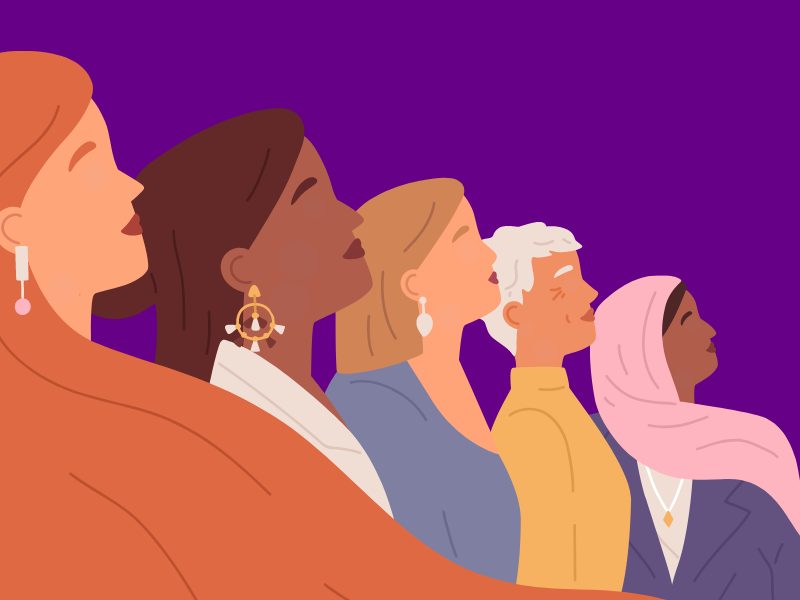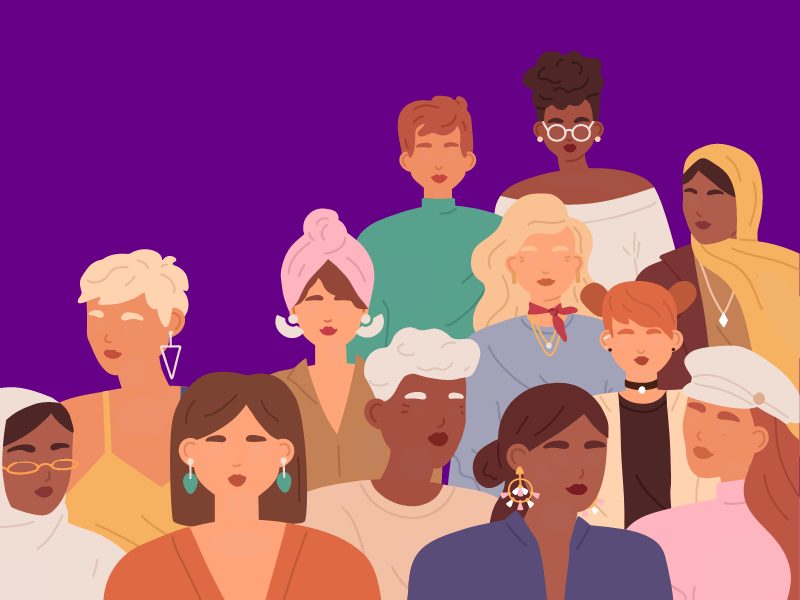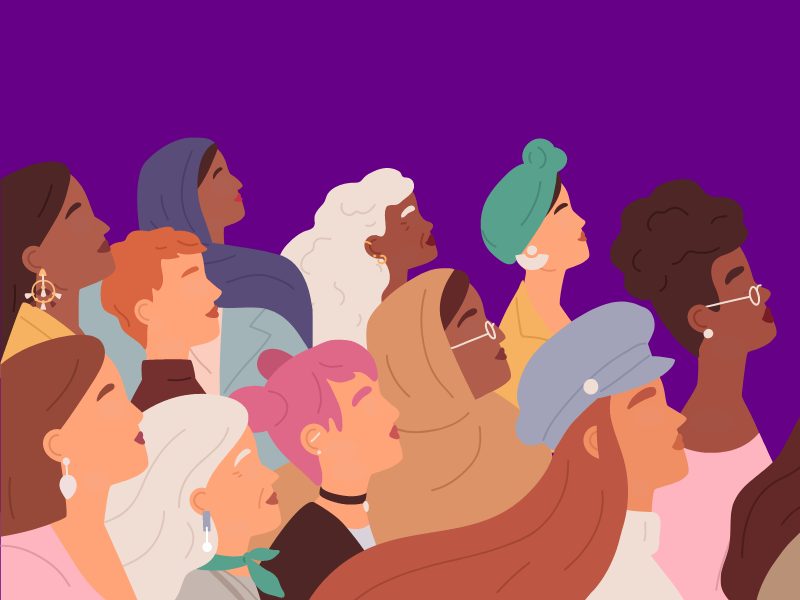Ensuring that survivors receive the right support is a long-term commitment. Here is how we did our part in 2022/23:
- We supported our member organisations through the storm left by Covid-19 and the cost-of-living crisis.
- We enabled VAWDASV services across Wales to evidence the value of specialist support for survivors.
- We delivered training to professionals on essential knowledge and skills for engaging with VAWDASV.
- We provided free, 24/7 confidential advice and support via the Live Fear Free Helpline.
Helping our members through the storm left by Covid-19

In 2022/23, as the pandemic fell further behind us, the staggering demand for our member services was compounded by the cost-of-living crisis. As our services have been grappling with the financial strain of this, we have continued our membership meetings to help identify any issues in sector, to offer support and focus on specific areas of work.
These meetings have included content driven ones on designated topics of interest, such as the Dogs Trust Freedom Project, the Renting Homes Act and supporting survivors with NRPF.

In 2022-23, we were able to secure a total of £2,512,144 from statutory sources, trusts and foundations to directly benefit our membership of specialist services. This funding enabled the delivery of Change That Lasts focused activities in local communities, training that utilized members’ expertise, and access to period dignity products for survivors. All of the funding accessed has been invaluable during a period of continuing challenges for our sector.

There is nothing more important to us than inclusivity and accessibility, so this year we have expanded on our community engagement officers’ work for the d/Deaf community to develop a Practice Development Session (PDS) called ‘Responding to Deaf Survivors’.
This session has focused on understanding the unique needs of Deaf survivors and helping to make staff aware of the common barriers to support for them. It has explored how to increase accessibility of services for Deaf survivors, as well as raising awareness of resources available. We don’t want any survivors left behind, so we have been proud to help develop our d/Deaf toolkit and this session to support accessibility for all further.

Alongside the work making specialist services more accessible, we recognise that it’s not possible to discuss domestic abuse without addressing access to safe housing. This is why we dedicated time to respond to the Welsh Government’s Renting Homes Act (RHA), setting up a monthly forum to discuss this topic, and highlighting its negative impact within our RHA emergency briefing. It was of such significance to us that we created a PDS for it, so we could discuss the effects that it is having on survivors and specialist services. This involved updating staff on our conversations with Welsh Government around securing an exemption for refuge accommodation, and many other topics.
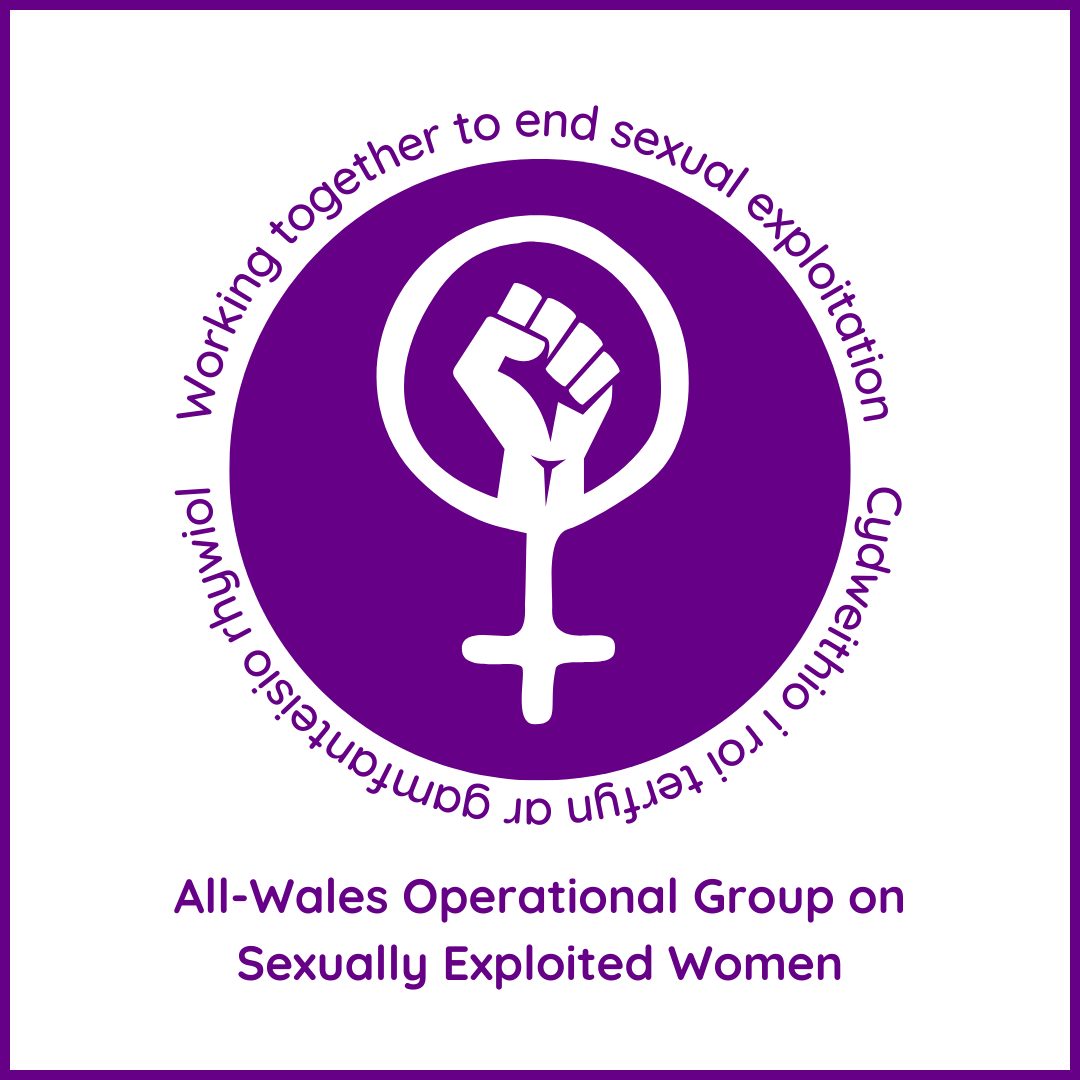
Tackling sexual violence and exploitation is not just an obligation, it is an imperative for a safer and fairer society. The All-Wales Operational Group for Sexually Exploited Women met 4 times in 2022/23 to highlight this. This culminated in a keystone event, ‘Defining Adult Sexual Exploitation: Reducing stigma and raising awareness’ which gave the opportunity for us to platform our members who deliver specific support for those at risk of or experiencing sexual exploitation. This was attended by multiple agencies and services and allowed us to embed the voices of survivors throughout the event. We have now set up a forum with the aim of continuing to centralise sexual violence within our work.
Showing the value of specialist services
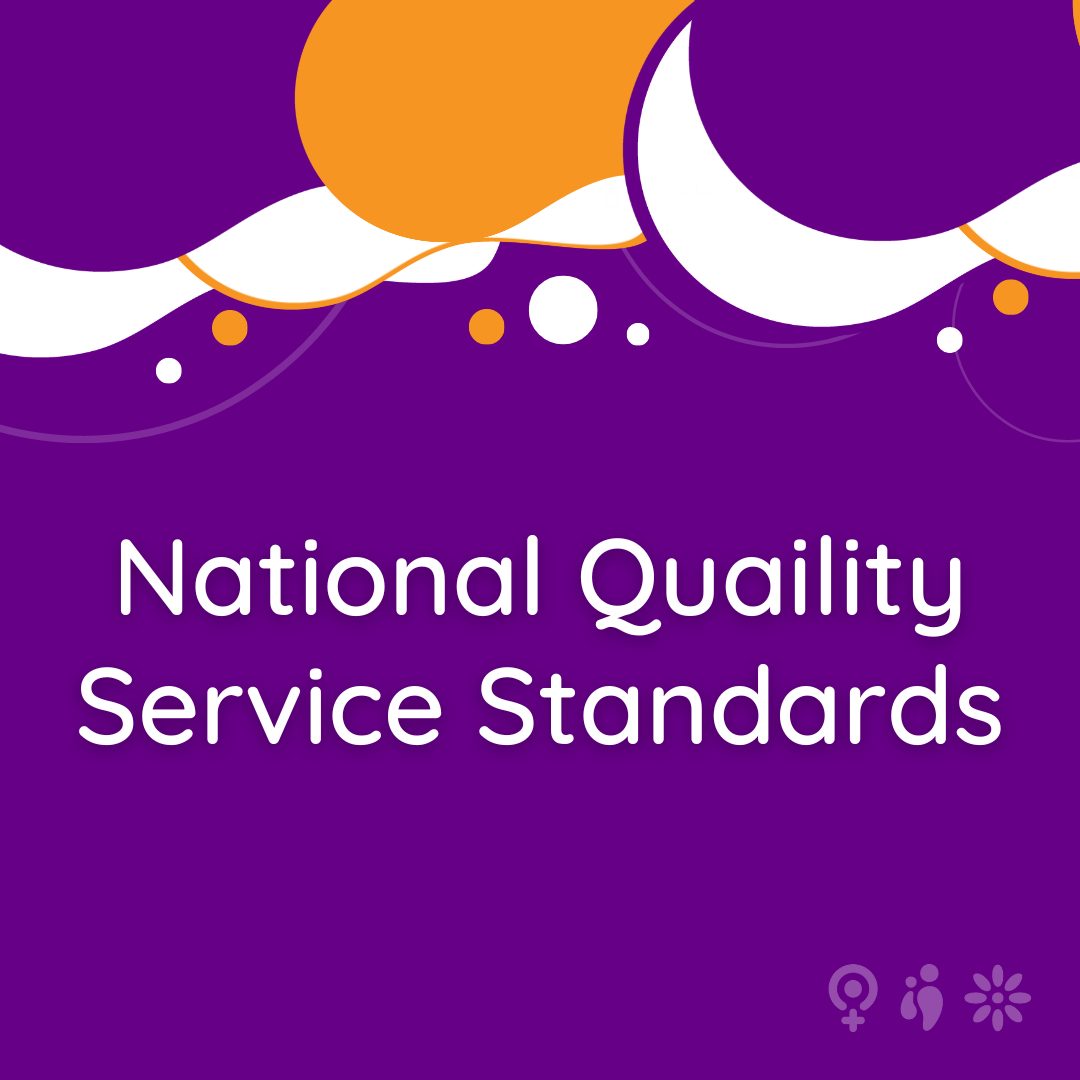
We understand the benefit that specialist services can have for survivors, and want all services to provide the best quality care for those struggling with abuse. Our National Quality Service Standards (NQSS) empower service providers to demonstrate their commitment to delivering high-quality support. This year, we have continued to progress NQSS through the development of the NQSS Panel member handbook to assist our members with gaining NQSS. Furthermore, WWA’s Head of Services and Survivor Engagement wrote to commissioners to highlight how our standards improve overall service delivery.
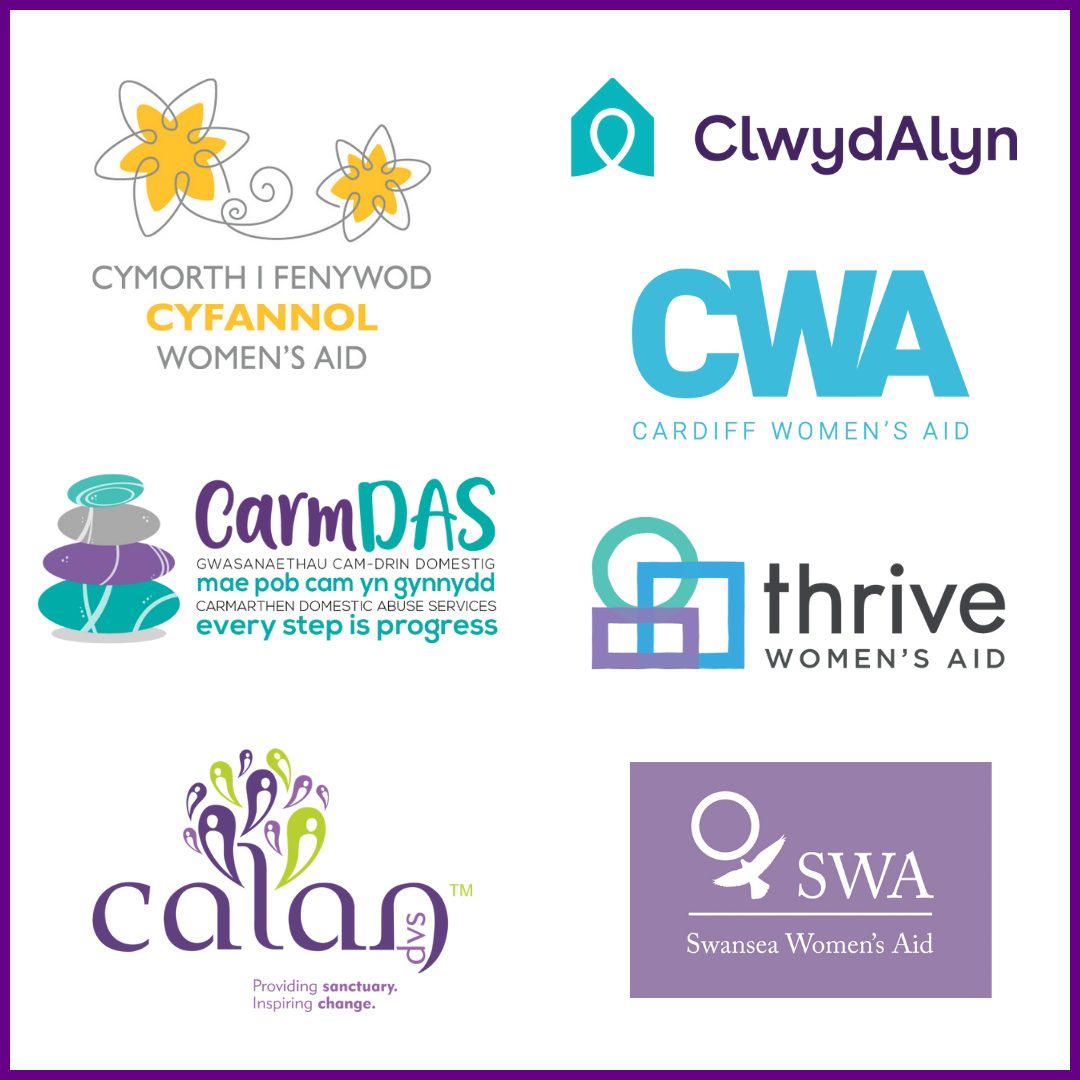
Organisations must renew their NQSS and IAQF quality marks every three years. In 2022/23 2 members successfully gained accreditation, with 7 of our member services holding NQSS with either full or conditional passes by the end of the year.
We say a massive congratulations to CAHA, Calan, Cardiff Women’s Aid, CarmDAS, Cyfannol, Swansea Women’s Aid and Thrive!
Delivering training for professionals

Our Training Centre of Excellence provides accredited and non-accredited training courses delivered by expert trainers, in partnership with specialist services. In 2022/23, we trained over 2,250 learners with 30 different courses, which is a 32% increase from last year. From our learners:
- 95% of learners rated the overall course positively.
- 96% of learners would recommend the course to others.
- 97% of learners would rate their knowledge as ‘good’ or ‘excellent’ after attending training.

Listening to our specialist member services is the key to our success, so this year we responded by developing three new courses to answer their requests. These can elaborate on new and emerging areas, or on topics that members feel they could have an improved understanding of. These are:
- How to Advocate Effectively for VAWDASV Survivors.
- Intersectionality in Leadership.
- Understanding Economic Abuse.
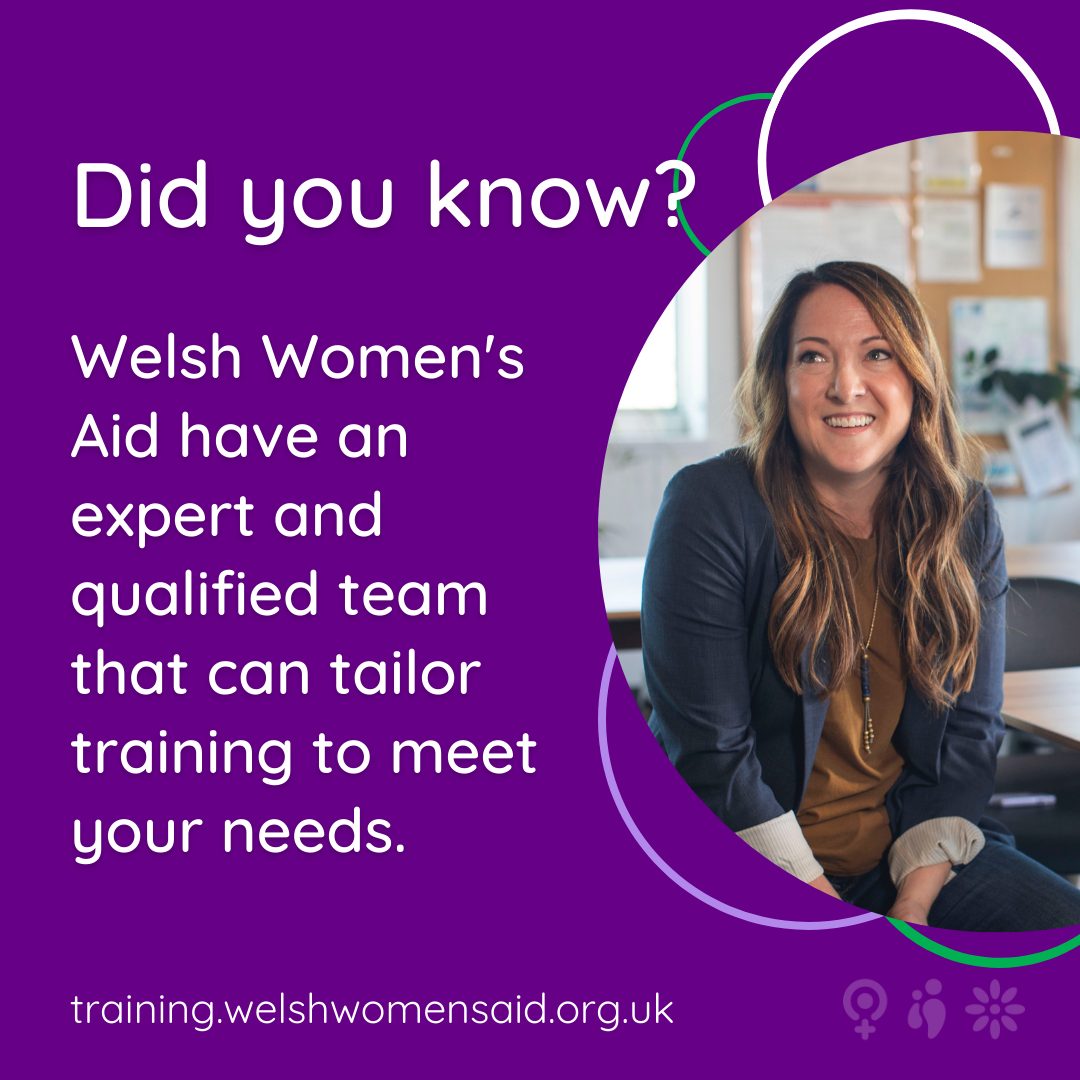
Our dedicated training team reaches a diverse audience and delivers our courses to a wide variety of professionals, including the police and probation service. Our course Domestic Abuse Matters reaches over 650 police staff, while our Gender Responsive and Trauma Informed Skills course reaches nearly 400 learners.
Ensuring that police and other public sector workers can respond effectively and empathetically to VAWDASV is critical to enhancing the physical and emotional safety of survivors while justice can be done.
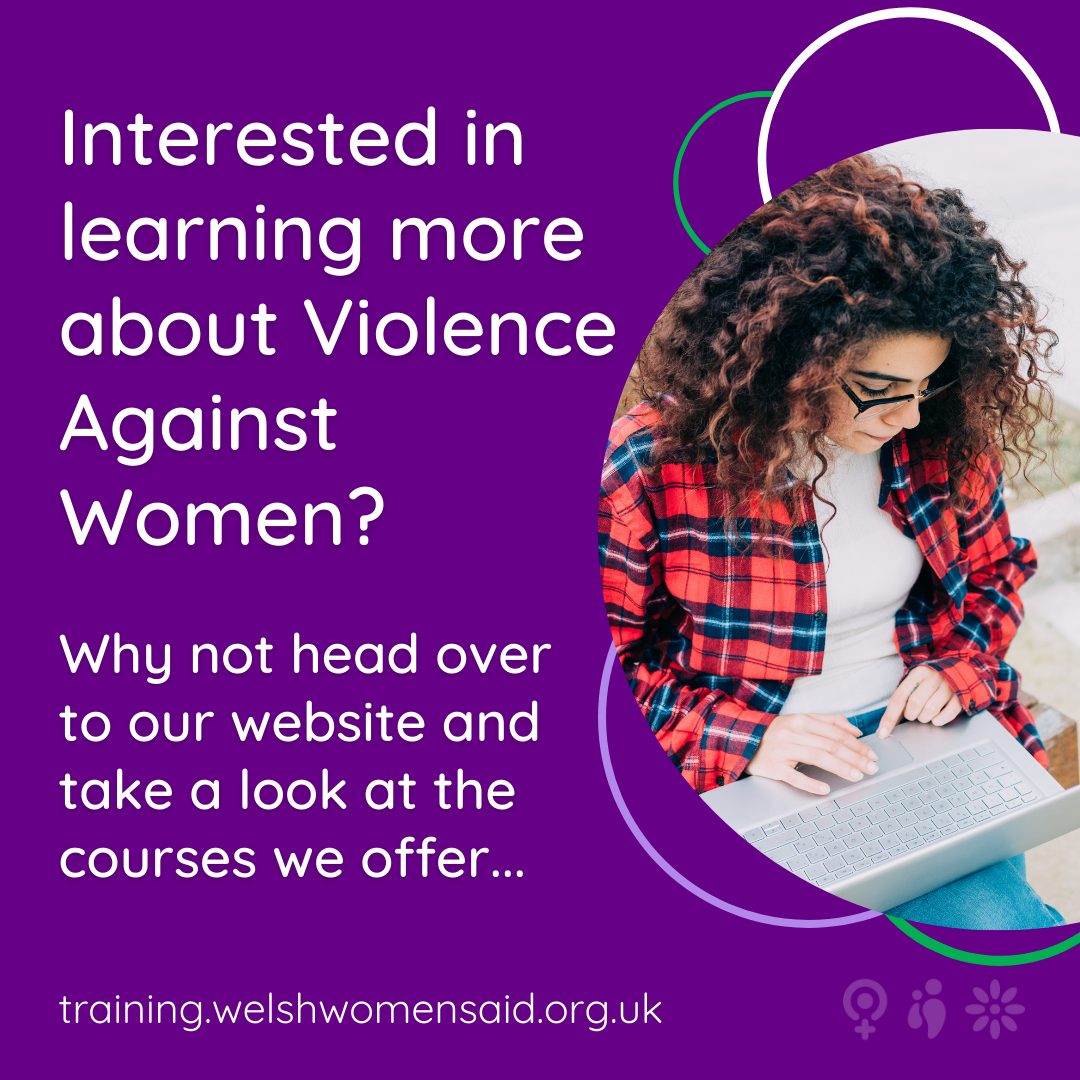
We’re committed to empowering both survivors and the broader community with the resources that make a genuine difference. A testament to the value of our training courses is that 75% of self-identified survivors thought that our courses provided the right tools for agencies to improve their response to survivors. This highlights the tangible impact Welsh Women’s Aid has in equipping professionals and institutions to better address the needs of survivors.
Providing free, anonymous, 24/7 support
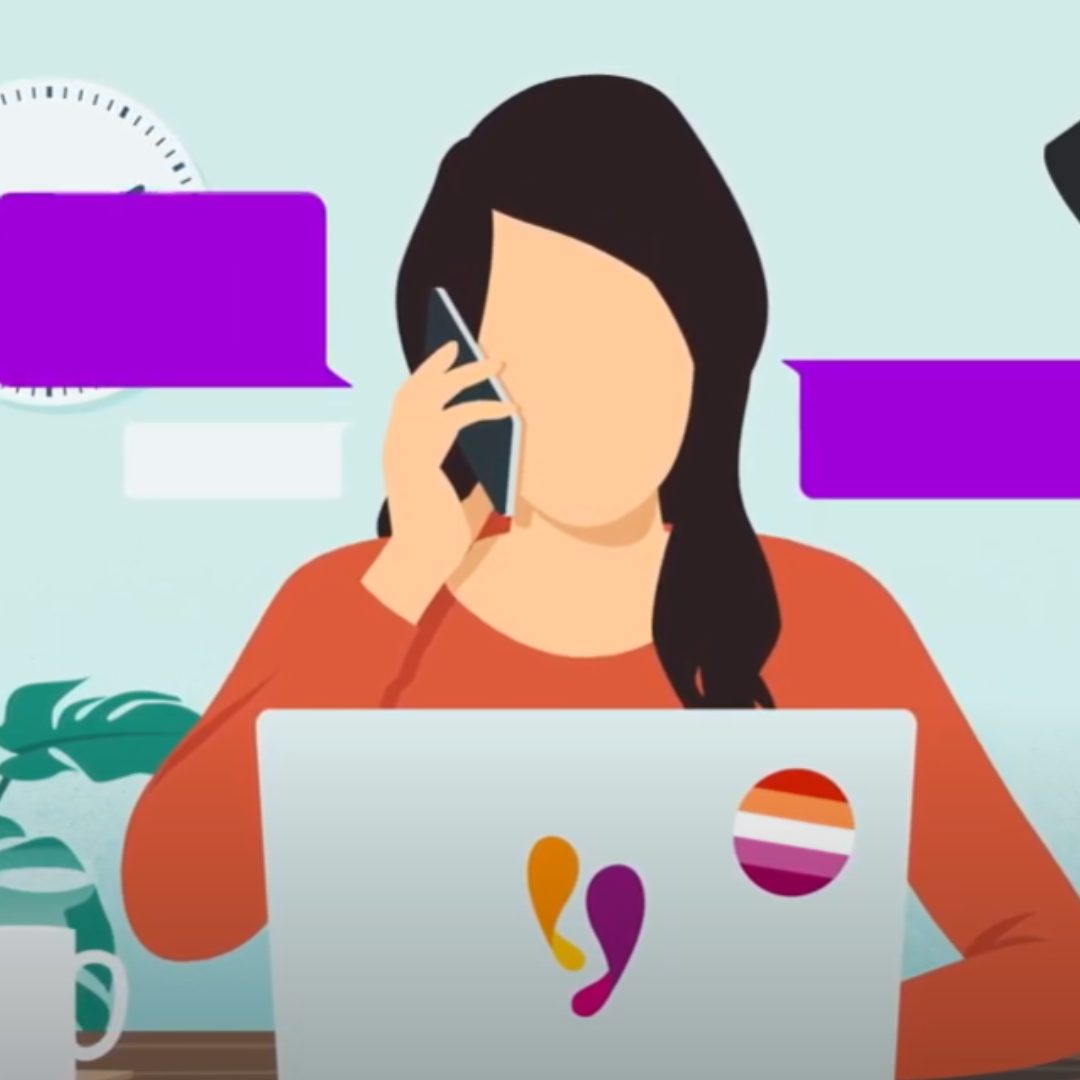
Nearly 20 years ago, we established the first national helpline for VAWDASV. Today, our helpline service stands at the core of our mission, with 2022/23 being the first year under our new call handling and data management systems. This has allowed us to provide more detailed data to further improve our services, as well as responding to ad hoc enquiries in real time.
The helpline remains extremely busy, as our advocates communicate with more than 34,000 contacts per year, including over 15,000 survivors and nearly 10,000 professionals.
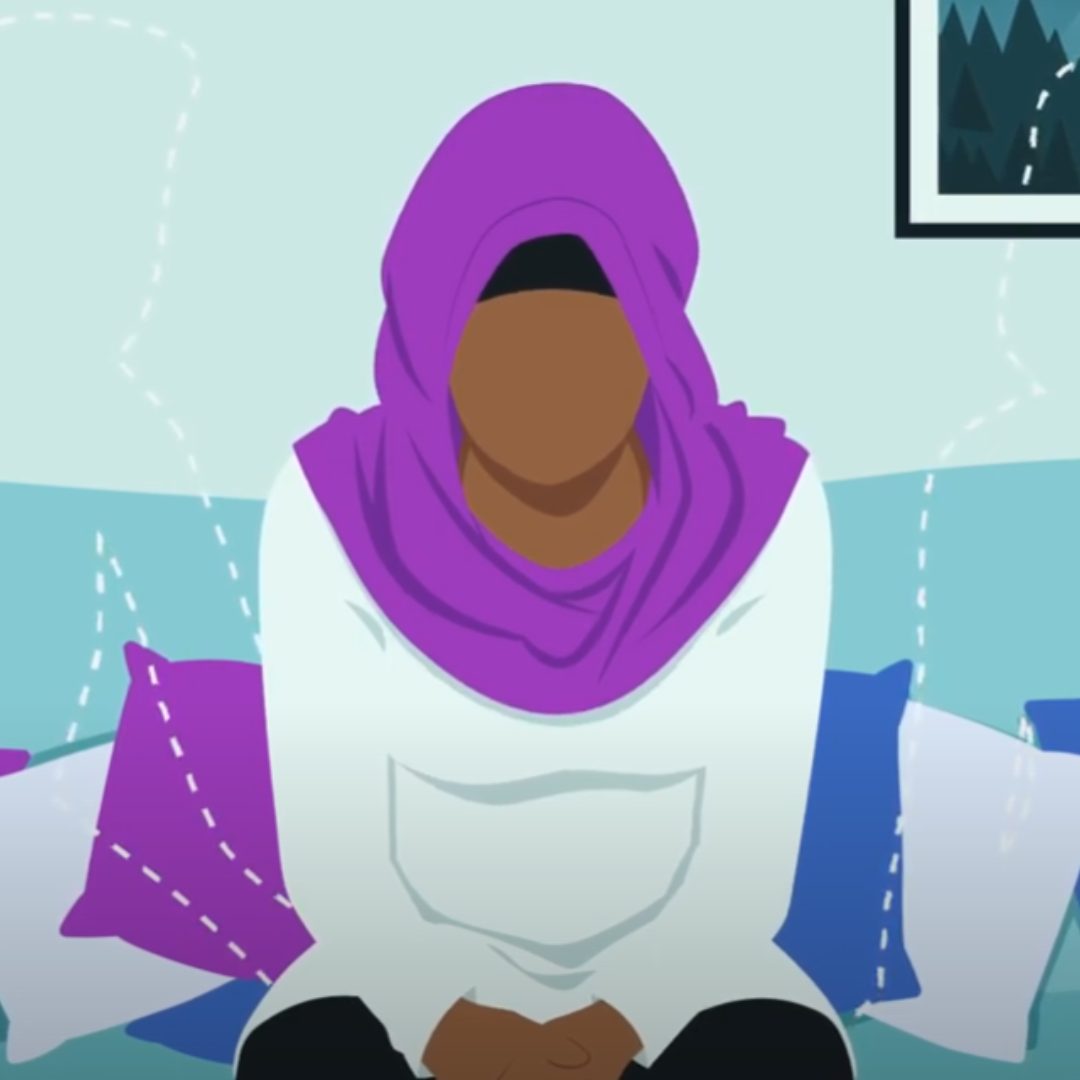
Our calls are increasing in complexity, with this year showing the clear need for additional resources. From March 2022 to April 2023, our helpline has experienced a massive 90% increase in time spent talking to contacts.
This substantial growth in the duration of conversations shows the massive demand that our specialist services just can’t keep up with, with heightened requirements needed for assistance and intervention.
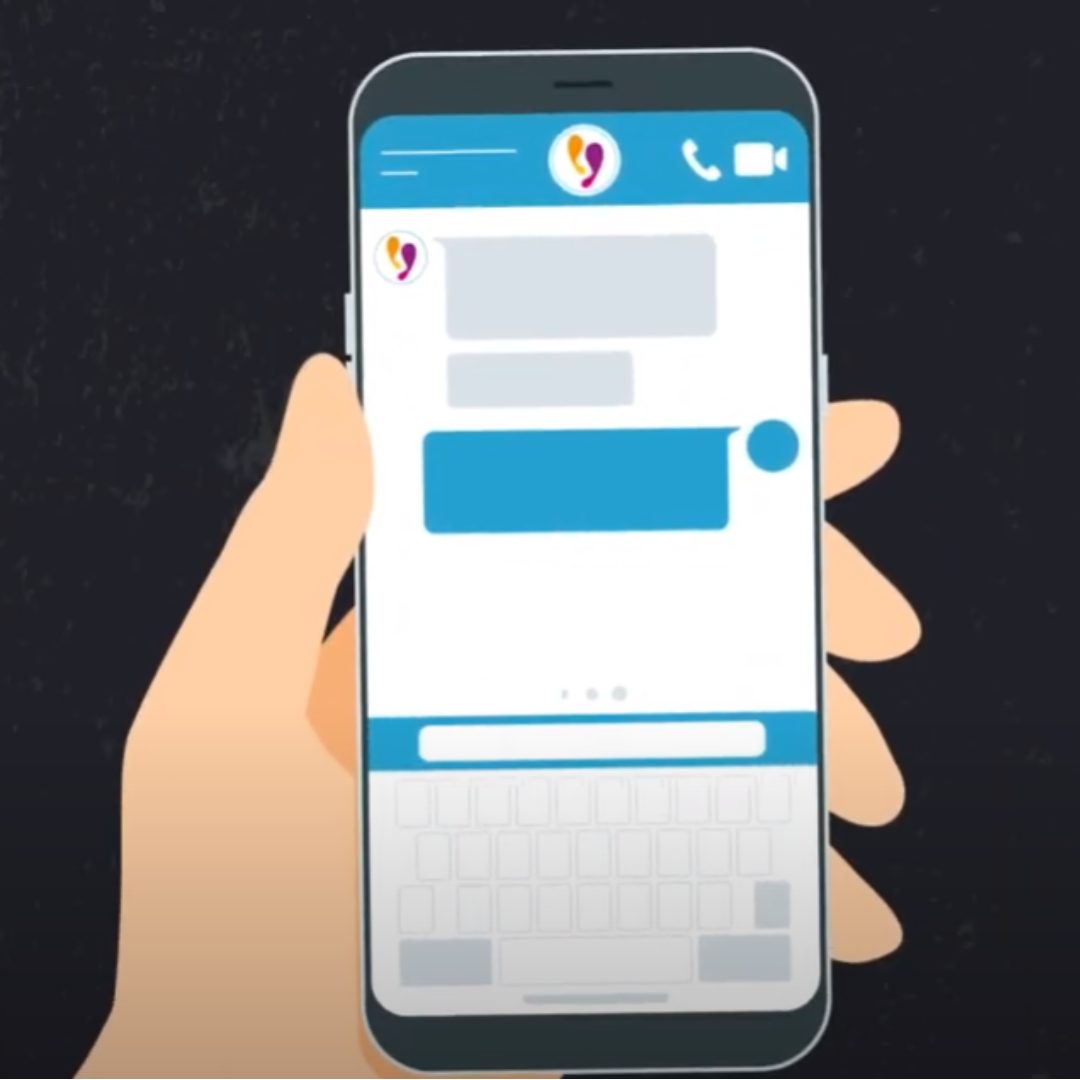
The Live Fear Free Helpline is more than just a phoneline, although most of our contacts are phone calls, we also received:
- Over 2,800 webchats
- Nearly 900 emails
- More than 650 text messages
We are committed to answering your phone call as soon as possible. 95% of service users wait less than 30 seconds for a response from our helpline advocates.
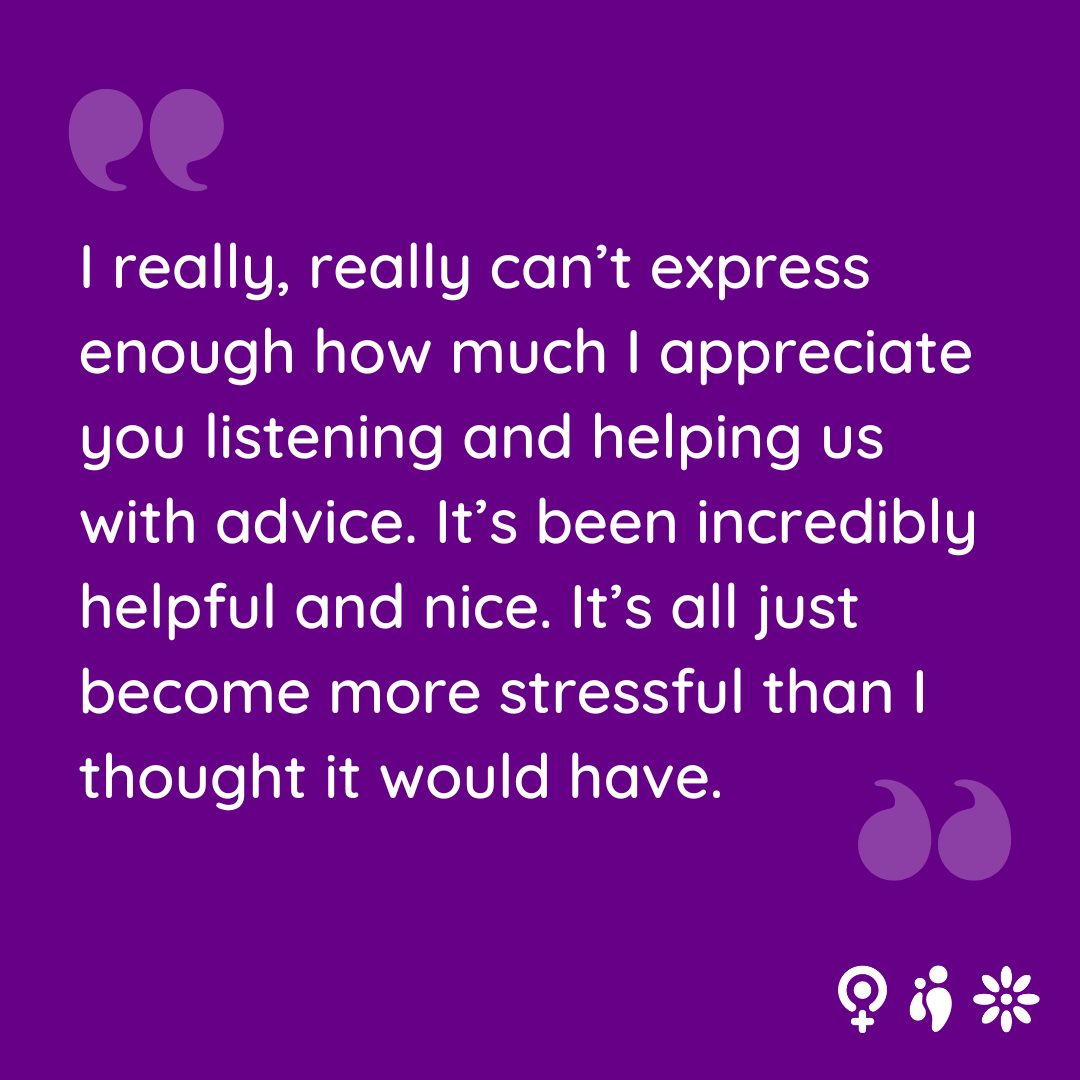
We recognise that reaching out for help can be a daunting step, but we are dedicated to ensuring your access to support is as straightforward as possible. The anonymous feedback service users provide shows this, with 440 service users providing feedback to the helpline over this financial year.
- 86% reported feeling safer.
- 89% felt an improvement to their emotional wellbeing.
- 97% said that they received the required support.


